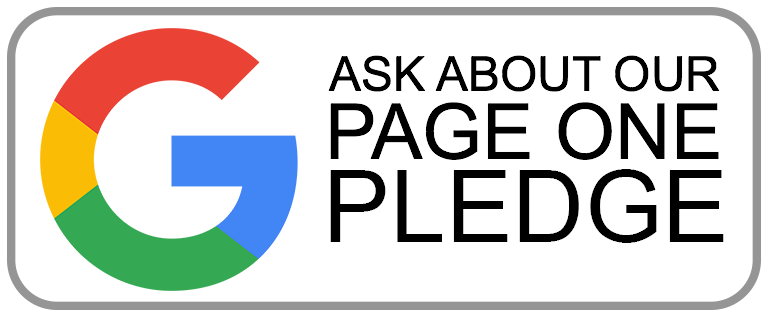Many users of Google Ads may be aware that earlier this year Google announced that an exact match keyword that is identical to the search will be preferred whenever that keyword is eligible to match.
Well, Google have now announced that, going forward, both phrase and broad match keywords will follow the same behaviour. Google hope this will reduce account complexity as there will be no need to do any extra work to control where traffic goes in your account.
Google gives the following example in their announcement to explain the change.
For example, let’s say that someone searches for ‘sushi delivery near me’, and you have the broad match keywords sushi delivery and sushi delivery near me. Before this update, both of these keywords would be eligible to serve. Now, the keyword sushi delivery near me is preferred because it is identical to the search term. Note that if you have an eligible exact match keyword that is identical to the query, it will still be preferred over the phrase and broad match keyword.
If the search is not identical to any of the keywords you have, Google has to move on to the next step. Previously, if you had multiple eligible keywords, but no identical ones, your Ad Rank would determine which keyword served. Now, however, Google considers relevance signals in addition to the Ad Rank when determining which keyword will be used. Relevance is determined by looking at the meaning of the search term, the meaning of all the keywords in the ad group & the landing pages within the ad groups. Google have provided this table to explain how it works:
Here is a further example from Google:
Going back to the previous example, let’s say that someone now searches for ‘quick sushi delivery near me’, and you have the phrase match keyword ‘fast sushi delivery’ and the broad match keyword food delivery. In this instance, the phrase match keyword will be selected because it’s more relevant, even if it has a lower Ad Rank than the broad match keyword.
Google claim that these improvements will give you more control over which keywords match to a search, particularly when using broad match keywords.
If you are running a Google Ads campaign and would like to see how we can help you, please contact us today via our site.






